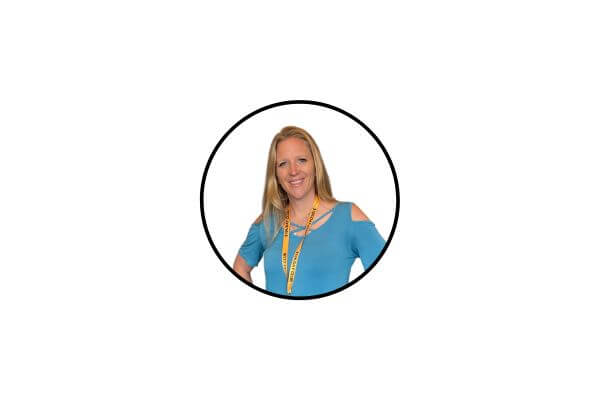This is the Simple Answer…How Many Bank Accounts Should I Have
Inside: Learn why multiple savings accounts lead to success with managing money and budgeting. How many bank accounts should I have depends on your money goals.
The question remains… how many bank accounts should I have? how many bank accounts can I have? Is it okay to have more than one bank?
Don’t worry… we will dig into each of these questions and provide answers so you can get started today.
But, we will lead with this… Separate bank accounts are so helpful in managing money.
It helps to divide up money for certain purposes and not accidentally spent.
It is a great budgeting trick! Probably my favorite one 🙂
This is helpful for people prone to overspending, turning to debt first, or those just needing money out of their main bank account.
Is it a good idea to have multiple bank accounts? Short answer – yes!
Before we dive in, let’s talk uncover the types of savings accounts.
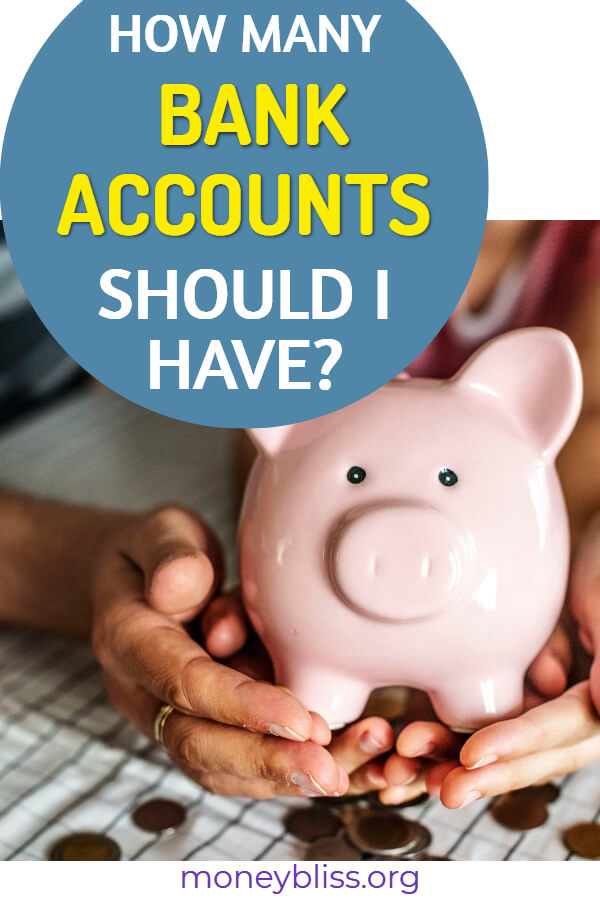
can you have multiple bank accounts?

You want to know…how many bank accounts can I have?
As many as you want.
In all honesty, that number is completely up to you.
Personally, I recommend opening an online saving account for multiple bank accounts. That way you can create different buckets or sinking funds for each budget category.
Yes, having multiple saving accounts with different banks is completely okay. Many savvy finance people do it every day.
The key is not to open so many bank accounts in different locations that you lose track and things become confusing!
This post may contain affiliate links, which helps us to continue providing relevant content and we receive a small commission at no cost to you. As an Amazon Associate, I earn from qualifying purchases. Please read the full disclosure here.
How Many Bank Accounts Should I Have?

This is a personal choice.
At the bare minimum:
- Checking Account
- Savings / Emergency Fund Account
If you choose the bare minimum number of accounts, then you are barely managing your money and more than likely living paycheck to paycheck. In addition, you probably haven’t saved much money in the past.
On the extreme side, one for every single personal budget category. That is a little obsessive. But, some people find the more bank accounts they have, the less likely they are to spend money.
is it good to have multiple bank accounts?
Personally, I believe it is a good idea to have multiple bank accounts.
Then, you can quickly see how much you have saved up for a certain purpose.
So, how many bank accounts should you have? What would the savvy person with money do?
The perfect number to meet your money goals.
You need to uncover your money goals ASAP. That is key to knowing the perfect number of bank accounts for you.
Below are the most needed savings accounts that I have and highly recommend you have as well.
Even better, read the Money Bliss Steps to Financial Freedom to make sure you are on track with your personal finances.
Multiple Bank Accounts for Budgeting

At Money Bliss, we recommended the following must-needed savings account.
That way you can manage your money and reach financial freedom.
1. Emergency Fund
This is key to success with money and avoiding debt like the plague.
An emergency fund is the backbone of your financial security. The solid foundation to build upon.
Without an emergency fund, you will be left scrambling when a crisis will hit. It is not if an emergency will hit; it is a matter of when. And typically, a crisis will hit at the most inopportune times.
The most important separate savings account is an emergency fund. That comes first! Do not start any of the remaining funds until your emergency fund is fully funded.
Related Reading: Quickstart your Emergency Fund Challenge in Less than 60 Days
2. HSA or Medical Fund
While setting money aside for medical expenses is not my favorite thing to do, I know it is imperative for my health and the health of my family. Not to mention, the health of my personal finance situation.
By having a health savings account or medical fund in place, I know that there is money to pay the doctor, buy prescriptions, and meet our medical deductible, if necessary.
The ultimate situation would be to save money in a health savings account.
However, not all people have access to one with their current medical insurance. So, you can create your own medical fund. It won’t have any of the awesome benefits of the HSA, but you will have money set aside to meet your health and medical needs.
3. Rainy Day Fund

When it rains, it pours.
Seriously, this can be true for those who just feel like they can’t catch a break.
A rainy day fund is not an emergency fund. However, it is a much larger fund set aside to cover 3-6 months of expenses.
The confusion between the two accounts is very common and ultimately, leads to people spending it since it is just sitting there and not having the money when they truly need it.
Keep your rainy day fund separate from your emergency fund.
Personally, I prefer to keep part of my rainy day fund in a high-interest online savings account, so I can have the money within 3 business days if need. Then, the remainder is invested in no cost index funds. It will take longer to access, but I have enough short term savings to cover the immediate needs and my money can still make money.
Learn more about rainy day funds.
4. Vacation Fund
Oh, my favorite reason to save money!! TRAVEL!!
This is probably the most highly coveted bank account in our house – the vacation fund.
We live frugally, find ways to save money all the time, and don’t spend money on norms because we want to save money to travel. It is so much easier to say no to yourself when there is a bigger money goal in mind.
For you, this vacation fund would be money set aside to travel and explore. You prioritize travel when you make a budget.
Learn how to start saving for your vacation fund.
5. Car Replacement Fund
Hint: This is how you will never have a car loan again.
I hate it when I hear that a car loan is normal. It makes me cringe each and every time. A car loan is not normal and not needed. Who needs to be swaddled in debt and have an average car payment of $716 per month for new vehicles and $526 for used cars (source)?
The key is to own a car free and clear (paid in cash) and then, set aside money for a replacement.
By setting aside $100-200 each month for a new-to-you car, you are able to save up fairly quickly over a couple of years. That is how much in interest payments for an auto loan anyway.
Your car replacement fund will probably ebb and flow based on the age and dependability of your car.
- If you have a newer car, then you are fine setting aside a lower amount of money.
- If your car is coming up to possibly needing replaced or costly repairs, then a larger amount probably needs to be saved.
Side note: this fund can also be used for car repairs, too!
6. Home Repairs or Improvement Fund

For homeowners, this type of savings account is for you.
Like a financial or personal crisis, it is only a matter of time before something breaks or needs to be replaced in your home. And like always, home repairs come at the most inopportune time.
If your home wasn’t built in the last 10-20 years, then you know you are looking for a bigger remodel project. Those projects can take a big chunk of cash and you are better to look away from using a HELOC or home improvement store credit card.
Money needs to be set aside for home repairs or improvements. Just open a home repairs/improvement fund to make sure you are covered when the need arises.
If you’re not a homeowner yet, this could be saving for your down payment for a house or condo.
Other Possible Bank Account Funds:
Many of these types of possible savings accounts are temporary. Others are seasonal. While some are personal preferences.
- Engagement Ring
- Baby
- Giving
- Opening a Business
- Moving
- Kid’s Activities or Sports
- Wedding
- Christmas
- Hobbies
- Taxes (great if you follow the Profit First Formula)
- Entertainment Fund
- His Money / Her Money
- FUN Money / Slush Fund
Truly the list can go on and on. It depends on what you need and want to save for. That is your answer.
Find a full list of cash envelope categories you can use the above (smaller) funds rather than open another bank account.
What is My Checking Account For?

You might be wondering how does your checking account fit into the picture?
A checking account is a separate bank accounts for bills. Many times it is a joint account for bills.
Your checking account is the account for paying all of your bills each month. Also, it will cover any spending.
It is where your paycheck goes. Then, money is moved into the various must-needed bank accounts.
Sometimes each spouse will have their own checking account for their personal spending and a main joint family account to pay bills.
can you have 2 checking accounts?
Yes, you can have multiple checking accounts.
In fact, having more than one checking account can be a good way to manage your finances and budget.
For instance, we have a checking account for all of our income and another to pay our bills.
This way, we are able to get one month ahead of our bills.
Types of Savings Accounts
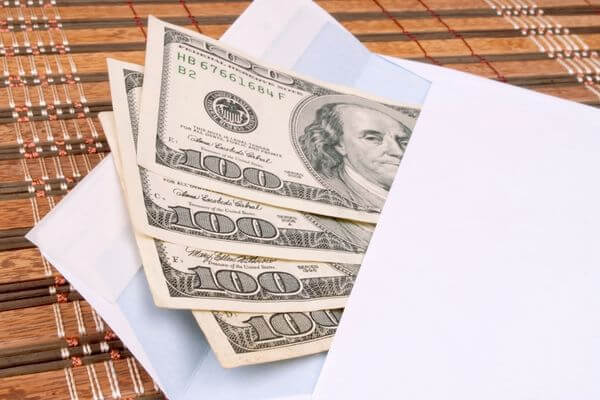
It is important to know the various types of savings accounts in order to maximize your return on your money.
Many of the must needed accounts you need are for short term use, so you don’t want to tie them up in long term investments. But, at the same time, money under the mattress is actually losing in value.
Here is a list of the money common saving accounts:
- Savings Account (traditional)
- High Interest Savings Account (online)
- Money Market Accounts
- Certificate of Deposit (CDs)
- College Savings Accounts (529 plans)
- Individual Retirement Accounts (IRAs or Roth IRAs)
- Employer Sponsored Retirement Accounts (401k, 403b, Roth 401k)
The types of savings accounts are listed in this order for a reason. They are listed by the ability to access your money.
Savings Goal with These Accounts
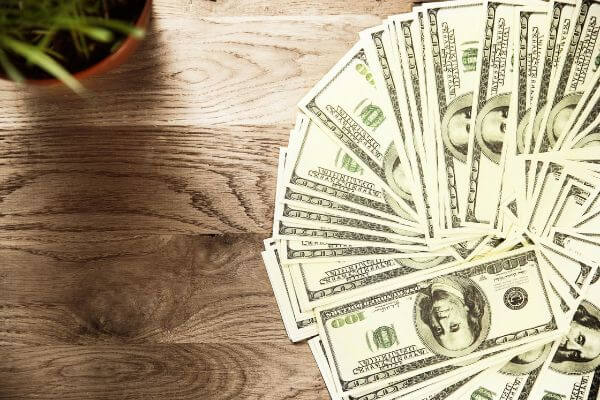
With a savings account, you can access your money at any time. But, it comes with a lower interest rate. However, with online options like this one, you can earn a higher interest rate.
Money market accounts tend to have higher interest rates than savings accounts, but you are limited to the number of transfers in and out of the account each month.
On certificates of deposits or CDs, your money is tied up for the specified period. Some CDs carry higher interest rates than money markets or high interest savings accounts. You just have to decide if you need access to the money during the set time frame and what the penalty is if you need your money.
The last three types of savings accounts are for long term planning – college savings accounts and retirement accounts. This is savings set aside and won’t be accessed for a long time. Traditionally, they aren’t savings accounts; they are considered investment accounts.
If you are newbie with where to start on investing, here is a simple guide to investing.
In a Nutshell, How Many Bank Accounts Will You Have?

Now, with all of the information given to you, how many bank accounts will you have?
What is the perfect number to improve your money management and saving goals?
Your number will be different than mine.
Everyone is on their journey of managing money better. So, don’t compare yourself to others. Just make sure by having multiple bank account for budgeting that it makes things easier for you.
However, how many bank accounts should I have… The perfect simple answer to start would be:
- Checking Account
- Emergency Fund
- Big Sinking Account
Do you know how much cash should I have on hand?
Comment below on the number of bank accounts you have and their purpose.
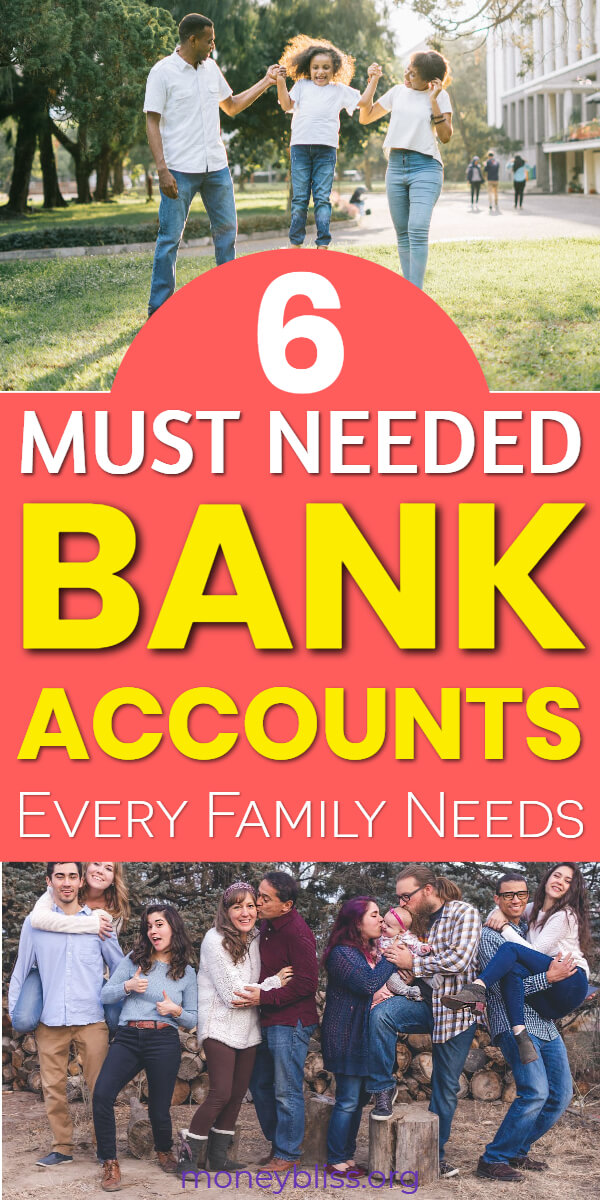
Did the post resonate with you?
More importantly, did I answer the questions you have about this topic? Let me know in the comments if I can help in some other way!
Your comments are not just welcomed; they’re an integral part of our community. Let’s continue the conversation and explore how these ideas align with your journey towards Money Bliss.

